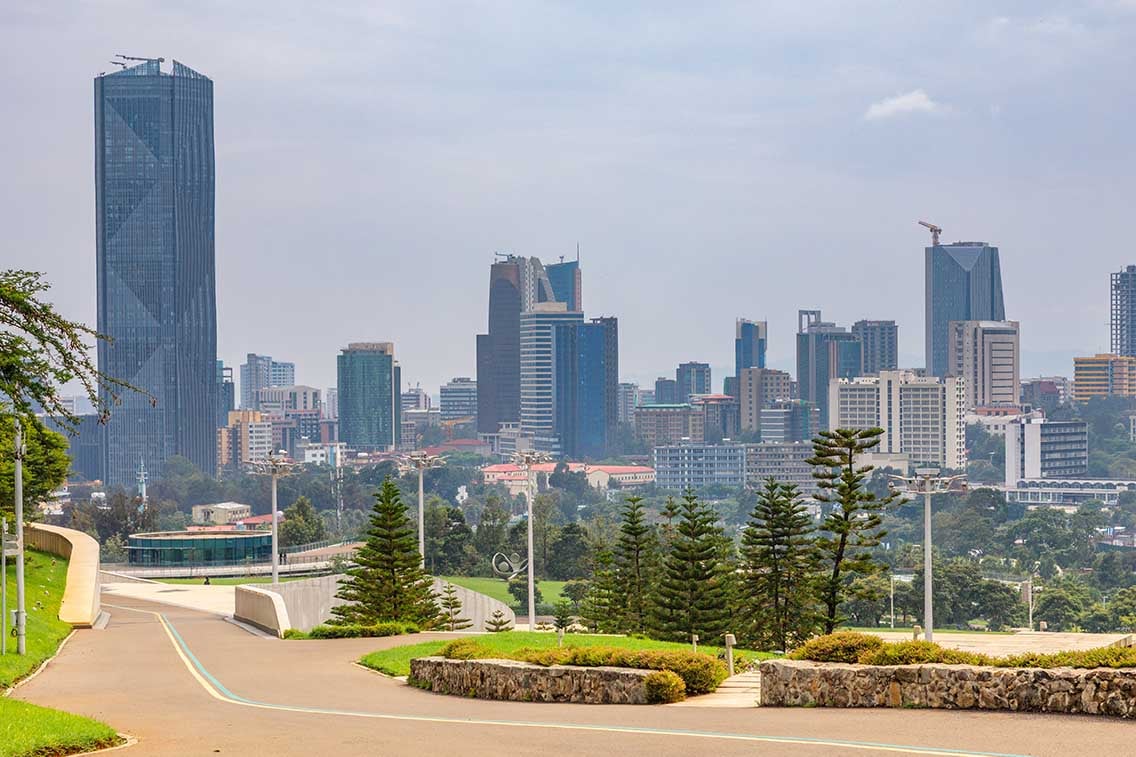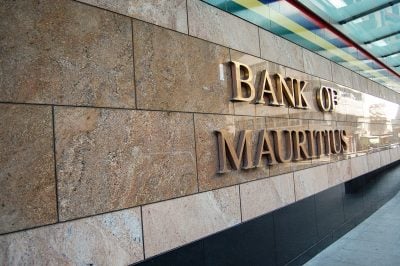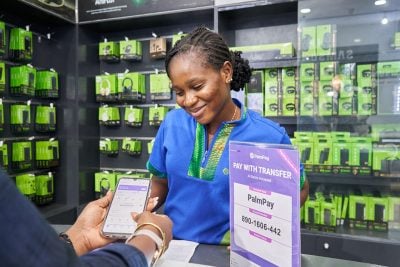In 2025, capital is tighter, investors are more cautious, and start-ups face growing pressure to prove their traction earlier than ever. In this climate, acceleration programmes have become the backbone of Africa’s entrepreneurial ecosystem, offering more than just money. They provide access to markets, networks, and long-term support that helps founders stay the course.
It is not only entrepreneurs who need help. Africa also faces a shortage of venture capital talent. Too few investors have the experience to understand local markets, structure deals, and mentor young companies. The strongest ecosystems have recognised this and are now accelerating both founders and funders.
As one investor put it, “Acceleration in Africa is no longer about a demo day. It’s about networks, sustained support, and building both sides of the table: founders and funders.”
What acceleration means in Africa
In Silicon Valley, accelerators are often associated with three months of coaching followed by a glamorous demo day. In Africa, the approach is broader and more locally grounded. Here, programmes combine seed capital, mentorship from experienced operators, access to corporate and government partners, and pan-African networks that help companies expand across borders.
This variety has led to several models. There are traditional start-up accelerators such as Katapult Africa and The Baobab Network; sector-specific programmes in areas like climate, software-as-a-service (SaaS) and the blue economy; investor fellowships such as Dream VC; and hybrid models that combine venture studio functions with accelerator support.
To identify the continent’s top accelerators, our editorial team assessed programmes across six criteria: alumni outcomes, capital offered, programme depth, pan-African reach, consistency, and wider ecosystem impact. The most weight was given to alumni results, including follow-on funding, growth, and survival.
Accelerate Africa focuses on entrepreneurs from idea stage to early traction. It stands out for its equity-optional model, hands-on mentorship, and strong advisory network, although it does not offer guaranteed upfront capital.
Katapult Africa Accelerator specialises in climate, agritech, and energy start-ups. With investment tickets between US$150,000 and US$500,000, it runs an intensive 90-day programme and provides clear pathways for corporate pilots. Its narrow sector focus limits its reach but ensures depth.
Greentech Africa, run by Village Capital, supports climate and sustainability ventures. Known for its peer-reviewed selection and pan-African cohorts, it has built credibility with development partners. However, it remains highly competitive and sector specific.
SaaS Accelerator Africa, operated by Startup Wise Guys, focuses on business-to-business and SaaS start-ups. The programme offers structured mentorship, global investor access, and deep technical expertise. It caters exclusively to software ventures and excludes hardware or consumer-focused businesses.
The Sustainable Innovation Seed Accelerator, a partnership between 500 Global and the UNDP in Nairobi, supports early-stage climate innovators. Its eight-week format is intensive and backed by strong institutional credibility, although the short duration can limit incubation time.
OceanHub Africa targets the blue economy and marine innovation sector. It is one of the few global accelerators dedicated to ocean sustainability and has strong ties with NGOs and impact investors. While its niche focus may limit applicant numbers, it is transforming the sector for those that qualify.
Founders are not the only ones benefiting from acceleration. Africa’s venture capital ecosystem remains young and fragmented, with a growing need for skilled professionals. Dream VC has emerged as the continent’s flagship programme for training aspiring investors, analysts, and fund managers.
Through its fellowship, participants receive practical training, exposure to real deal-making, and access to an active pan-African network. Many graduates go on to join leading funds, launch micro-VCs, or mentor start-ups across the continent. As one participant noted, “Dream VC is as important to investors as accelerators are to start-ups. Without capable funders, the pipeline breaks.”
Trends shaping 2025
Several trends are defining Africa’s acceleration landscape this year. Specialisation is becoming the norm, with climate, SaaS, and blue economy programmes outperforming generalist accelerators. Founders are also increasingly cautious about giving away equity too early, which explains the rise of equity-optional models such as Accelerate Africa.
Partnerships with corporates and governments are also proving more valuable than ever. From Katapult’s pilot projects to Village Capital’s development collaborations, market access often matters more than seed funding. Meanwhile, venture capital acceleration is entering the mainstream, as investor fellowships become a recognised part of the start-up ecosystem. Hybrid models that combine online and in-person delivery are also helping to expand reach across the continent.
Despite the momentum, several gaps remain. Few accelerators publish detailed alumni outcomes, which limits transparency and accountability. The ecosystem also remains geographically unbalanced, with Nigeria, Kenya, and South Africa dominating, while Francophone and smaller markets lag.
Want to continue reading? Subscribe today.
You've read all your free articles for this month! Subscribe now to enjoy full access to our content.
Digital Monthly
£8.00 / month
Receive full unlimited access to our articles, opinions, podcasts and more.
Digital Yearly
£70.00 / year
Our best value offer - save £26 and gain access to all of our digital content for an entire year!

 Sign in with Google
Sign in with Google 



